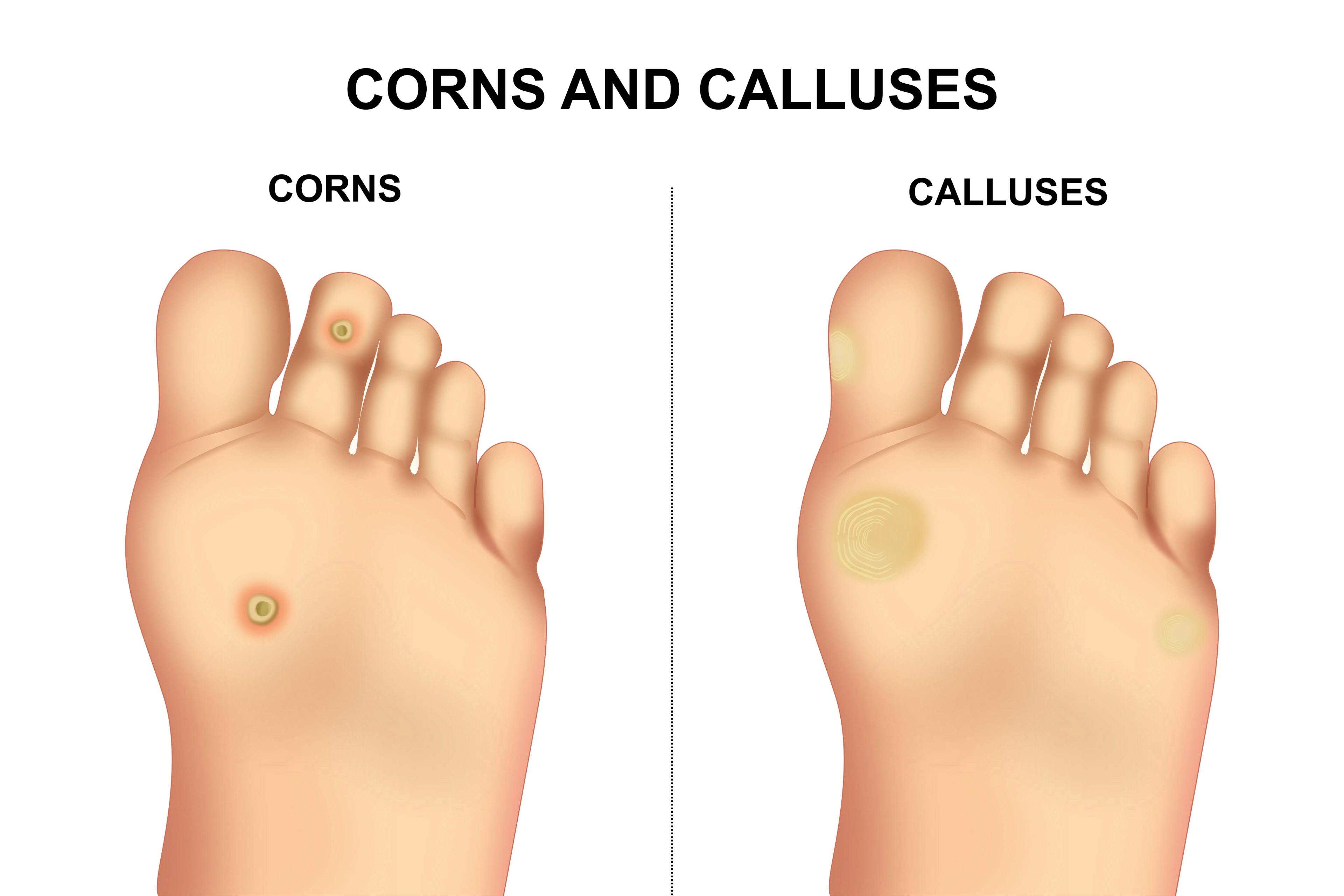
Wait, Is That a Corn?
Okay… confession: I used to think weird bumps on my toes were just part of getting older. Like, “Oh, maybe I’m just turning into my grandma.” But then, one day my little toe felt like it was hiding a pebble under the skin. Annoying, right? If you’ve ever pulled off your socks and wondered what does a corn look like, or why that spot keeps hurting—yeah, you’re sooo not alone. Let’s tackle this together, with all the nitty-gritty real-life details.
Heads up: we’re skipping the boring textbook stuff. No one needs to hear “A corn is blah blah blah…” again. This is all about what a corn looks like on real feet, in the real world. Oh, and how you can deal with the little troublemakers before they mess up your day (or your run, or your favorite heels).
Spotting Corns in the Wild
So, you’re staring at your foot. Do you see something that looks round? Raised, maybe a little yellowish? Maybe it’s got a center that’s, um, kind of hard and pokey? (I know, gross description, but we’re friends here.) That’s classic corn territory.
Is It Always the Same?
Not exactly. Corns are kinda like the snowflakes of the foot world—no two look totally identical. But here’s what most have in common:
- Small, round, raised bump. On toes or sides of toes—sometimes right on top, where they love rubbing in your shoes.
- Hard center. Press on it gently and, ouch, it might feel like the skin’s fighting back. A corn’s core is denser, almost like there’s a stubborn seed inside.
- The halo-effect. The skin around a corn can be reddish. Sometimes it gets a little angry—especially if you keep ignoring it (been there, done that).
For visual folks (hi, fellow overthinkers), What does a corn look like pictures can be super helpful. See if your bump matches up. Seriously, it helps more than internet diagnoses that swear everything is “just athlete’s foot.”
Personal Story Time
I laughed at corns… until a weekend hiking trip changed my mind. There I was, halfway through a trail, when my pinky toe started screaming. Sure enough—a tiny, hard, pea-sized bump had popped up overnight. It looked innocent enough, like a baby callus, but wow… by the end of the day, “innocent” was not the word. That pressure became absolutely distracting! I checked against What does a corn look like pictures later, and, well, nailed it. Classic corn.
Corn Or Callus? Let’s Clear That Up
Honestly, a lot of us mix these up, and I get why. Both are spots where your skin toughens up from rubbing or pressure—cue the shoes you keep wearing “just one more day.” But here’s how you tell them apart…
| Feature | Corn | Callus |
|---|---|---|
| Shape | Small, round bump | Wide, irregular patch |
| Texture | Hard center, often painful | Flat, thick, generally painless |
| Common Location | Tops/sides of or between toes | Heels, balls of feet, palms |
| Skin Around | Red, sometimes inflamed | Even-toned, maybe yellowish |
You’ll find corns playing hide-and-seek in the bony places your toes get squished. Calluses are the flat pancakes of the foot—big, spread-out, usually painless blobs, often on the heel or ball of your foot. But that corn? If you press, it bites back.
Types of Corns: Who Knew?
Yep—there’s more than one “flavor” of corn. Each has its own little personality (unfortunately). Here’s the rundown:
Hard Corns
The classic. Firm, yellowish, round… usually right on top or side of a toe where shoes press the most. They look like a tiny cap sitting on your skin. Not huge, but boy, they let you know they’re there. Press down and it’s like a little rock is wedged in your sock.
Soft Corns
If your toes like to snuggle a bit too close—thank you, narrow shoes!—soft corns sneak in between them. They’re kind of mushy, whitish or gray, and can look a bit soggy. Sometimes they look like a teensy, wet blister … only squishier.
Seed Corns
Fun fact: it took me weeks to realize these little guys existed. Seed corns are tiny and show up on the bottom of the foot. Like walking on sand? Imagine one grain got stuck right under your skin—tender in some folks, harmless in others.
Worried you’ve got one? Take a peek at What does a corn look like pictures and compare. I promise, it’s not just you. These things are super sneaky.
Why Do Corns Even Pop Up?
Anyone else have one of those weeks where everything rubs you the wrong way? Your feet literally live that life every single day. Corns are their way of fighting back against annoying friction and pressure.
Biggest Culprits? Our Shoes…
Tight shoes, loose shoes, shoes that pinch, shoes that slide. If your toes are getting squeezed or rubbing on the inside of your kicks, you’re basically rolling out the red carpet for corns. I learned the hard way—worn-out gym sneakers are corn magnets.
Same goes if you go sockless a lot (guilty, sometimes). No barrier between your skin and shoes? You’re inviting trouble. Even how you walk (like if you have flat feet or bunions) can make one spot get pounded more than others, which leads to—you guessed it—a corn.
Everyday Story Break
My coworker, Jenna, rocks heels every day. And she swears by her power walks to grab coffee—until she noticed a soft, white, squishy bump between her toes. Sure enough, classic soft corn territory. One week of switching to sneakers and using a little moleskin, and her “toe pebble” calmed right down.
Corn Up Close: What Does a Corn Look Like Naturally?
Let’s get right down to it…
- Start with a small, raised bump. Not flat like a callus, but not huge either. Think frozen pea size or even smaller for seed corns.
- The middle is dense and hard (the “core”). If you gently scrape off a thin top layer (please don’t attack your foot with a razor), you might see a bit of a cone-like structure heading into your skin.
- The edges? Sometimes the skin is angry, red, or even a little swollen. Pressing right in the center usually hurts waaaay more than pressing the edges.
- Certain types might look translucent or waxy—especially if you’ve been soaking your feet, or you’re dealing with a corn between the toes (those get soggy).
Curious about the “rest of the story”—like what happens when you get rid of a corn? Let’s say you treat it (safely; see notes below!) or have it done by a pro. Check out What does a corn look like after removed to see how natural, healthy skin should bounce back once that pesky core is gone.
Should You Be Worried… Or Can You Chill?
Here’s the truth: Most corns are a “you can chill” situation if you catch them early. But let them fester, and you might wind up limping or even worrying about infection. People with diabetes? You deserve extra care (corns can turn into ulcers, and no one wants that drama).
DIY or Get Help?
Think it’s a corn? Start with the least-scary stuff:
- Soak the foot in warm water. It softens things up (and feels great after a long day).
- Gently file with a pumice stone after soaking—gentle is the keyword (I learned the tough way, skin drama isn’t fun).
- Try moleskin pads or toe separators to keep pressure off while it heals.
- Avoid anything harsh—no razors, please!
When It’s Time to See a Pro
If your corn is deep, super painful, looks infected (red, hot, oozing—TMI but important) or keeps coming back… don’t mess around. Podiatrists see this stuff all the time. A quick trim (done properly), custom padding, and shoe advice can spare you weeks of pain. And if you want a solid visual of victory, don’t miss those “before and after” real pics: What does a corn look like after removed keeps it honest. Highly satisfying.
Keeping Corns Far, Far Away
Let’s be honest—once you’ve had one, you’ll do (almost) anything to keep them away.
- Shoes first! Make sure there’s toe wiggle-room. No more overcrowded pointed styles (yeah, I cried too).
- Moisture-wicking socks. So basic, so smart.
- Take shoe breaks—if you’re switching between heels and flats, your feet stay happier.
- Use padding or toe separators if you feel pressure starting. I keep a stash in my gym bag (teeny, but magic).
And hey, if you’re curious how smooth and happy your skin should look, peep those what does a corn look like pictures images again after using prevention tricks. That heel? It’s supposed to feel soft, not like armor.
Life Hack: Don’t Ignore the Little Bumps
Why do we always wait for pain to get serious? If you spot something odd on your foot—like the beginnings of what does a corn look like, or a spot that rubs when you walk—treat it early. Easiest health win you’ll get all year.
In Case You’re Still Wondering…
If you zoned out (it happens) and just want the basics: Corns are small, round, usually hard bumps on your toes or the balls of your feet, with a mean streak when you push on them. They form from pressure and friction, love to hang out where things rub, and are not the same as calluses. Check what does a corn look like pictures for a quick visual comparison, or scope what does a corn look like after removed if you want to see what healthy skin looks like post-corn.
Let’s Wrap It Up—And Keep You on Your Feet
You made it! So here’s the takeaway: Corns happen to pretty much everyone (even that yoga teacher with the “perfect” toes). If you know what does a corn look like—and how to stop them before they rule your life—you’re at least three steps ahead. Your best defense? Listen to your feet, don’t ignore pain, and show your toes some TLC with comfy shoes and quick action when little bumps show up.
Did you spot your first corn but feel awkward fixing it? Or maybe you’ve fought the good fight and won? Share your story or your favorite hack—someone else might thank you! And next time you slip off your socks, check: no bumps? No pain? Give yourself a mental high-five. It means you’re doing something right, and your feet are grateful for it.
Here’s to healthier, happier feet… and a life less interrupted by toe drama. What do you think—are corns the weirdest little health hiccup ever, or what?

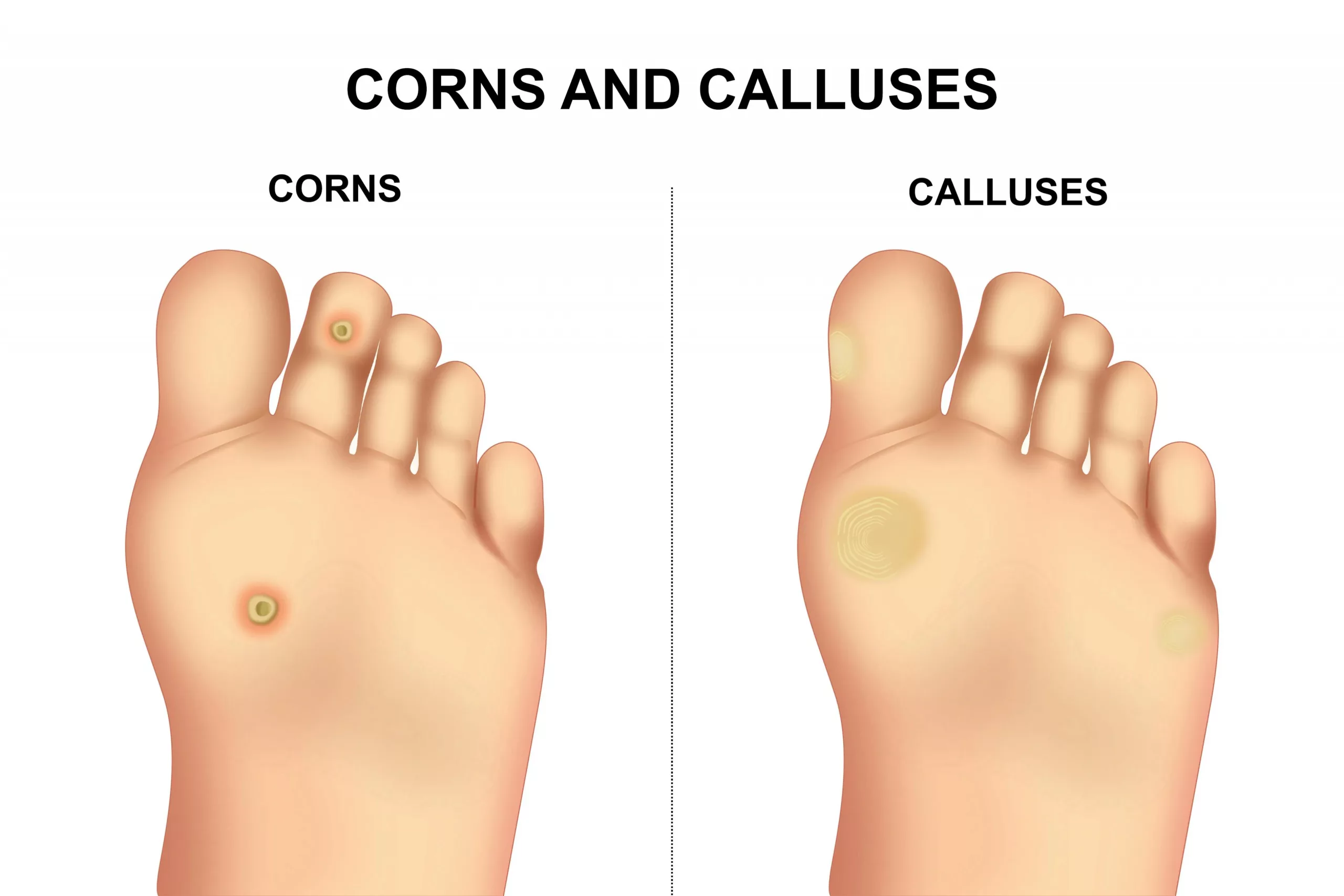
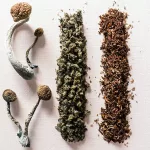
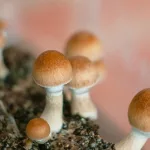
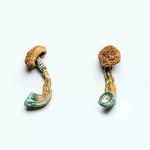









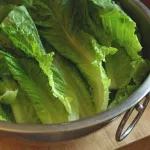

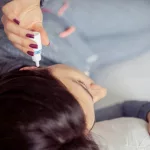
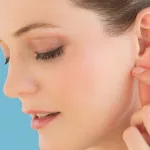
Leave a Reply
You must be logged in to post a comment.